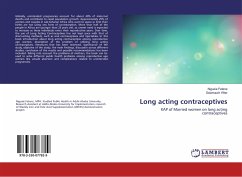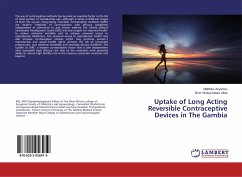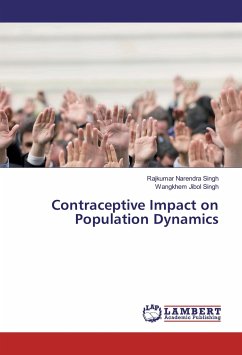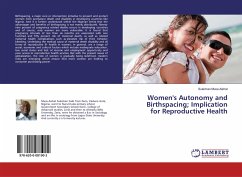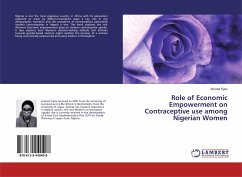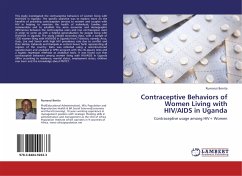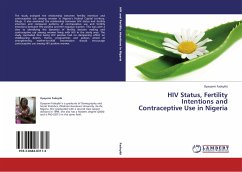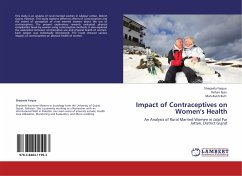Globally, unintended pregnancies account for about 40% of maternal deaths and contribute to rapid population growth. Approximately 25% of women and couples in sub-Saharan Africa who want to space or limit their births are not using any form of contraception. More than half of the people in Africa are younger than 25 years old, so unmet need is expected to increase as these individuals enter their reproductive years. Over time, the use of Long Acting Contraceptives has not kept pace with that of short-acting methods, such as oral contraceptives and injectables. In this book introduction about long acting contraceptives among reproductive age women, description of the problem of utilizing long acting contraceptives, literatures that has been reviewed, significance of the study, objective of the study, the main findings, discussion across different studies, conclusion of the results and possible recommendations has been included. Taking into account the problems of mothers, the bookcan be used to solve different public health problems among reproductive age women like unsafe abortion and complications related to unintended pregnancies.
Bitte wählen Sie Ihr Anliegen aus.
Rechnungen
Retourenschein anfordern
Bestellstatus
Storno

